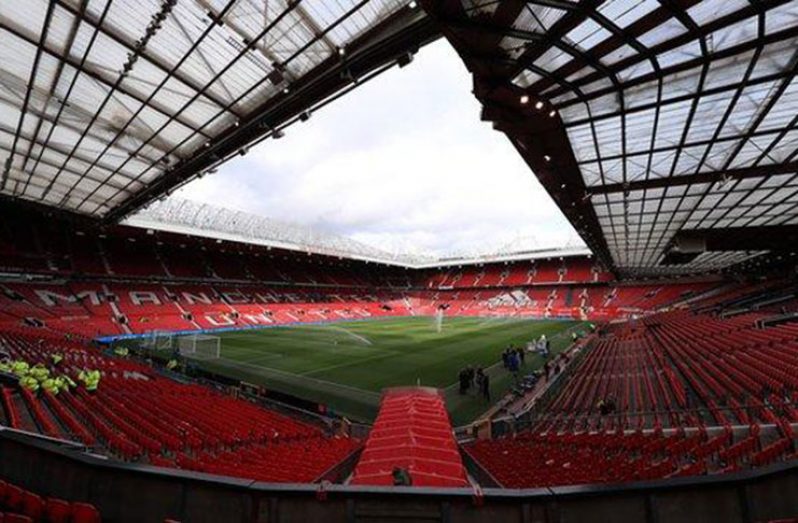(BBC) – Top-flight European clubs stand to lose more than £3.5bn because of Covid-19 even if the major domestic leagues and competitions reach their conclusion.
The figure, across this season and next, was outlined in a meeting of stakeholders within the game last week.
It is estimated if the competitions failed to reach their conclusions, the figure would rise to more than £6.2bn.
The German Bundesliga resumed on 16 May while the Premier League is aiming to restart on 12 June.
The eye-watering sums explain why so much work is going into plans to complete all the competitions – and start next season’s, including the logistical difficulty of organising 203 two-legged qualifying ties involving all 55 Uefa nations, to be completed before the middle of October.
Despite speculation to the contrary, BBC Sport understands that for sporting, political and financial reasons, Uefa is committed to retaining the inclusivity of its competitions and would only cut access as a last resort.
However, adjustments may have to be made, including the potential for one-off ties and regional qualifying, if the process is to be completed in time.
Logistical headaches also exist with the calendar for international football.
Uefa’s plan to normalise the situation is to arrange triple-header international windows in October and November. However, while this might work in Europe, it would be difficult to implement in other confederations given the number of key players needing to make lengthy journeys ‘home’.
One of the major obstacles to the start of the 2020-21 international competitions are medical protocols.
Tim Meyer, who is in charge of Uefa’s medical committee, is also responsible for the protocols introduced by the Bundesliga for its return this weekend.
While the 28 clubs from 12 countries still in this season’s Champions and Europa League should be able to adhere to the same protocols, expanding that across an entire continent for the enormous qualification series will prove a different challenge completely.
It has been noted the budgets of many clubs involved are far removed from those commonplace even in the mid-sized leagues.
Long-term issues
The numerous committees and working groups that have been set up by Uefa are wrestling with ideas and problems, knowing that the impact of Covid-19 is going to be long-lasting.
Even if leagues restart, for the foreseeable future there will be no spectators in grounds, a situation Borussia Dortmund estimate will cost them £2.6m per game.
Business analysts Vysyble estimate Premier League clubs will lose £878m if matches have to be played behind closed doors until the end of the 2020-21 season. The bigger clubs suffer the heaviest losses, with Manchester United set to lose £140m and Arsenal £122m. Bournemouth’s income would reduce by £6.7m.
This may be viewed by some as a positive in levelling a playing field tilted heavily towards the bigger clubs.
However, others see it as an inescapable fact that finance generated by the elite drives the game, through the transfer market and more valuable competitions.
“The complete severing of matchday income is the big scare at the moment as these revenues have simply been switched off,” said Charlie Marshall, chief executive of the European Clubs’ Association.
“This is financially devastating for all clubs – particularly those who rely more proportionately on sheer numbers of fans.
“The more popular clubs across Europe are the main drivers of the transfer market and of collective media rights through their halo effect, on which the entire football ecosystem depends.
“Economically speaking, the longer the crisis continues, the less the ability of the so-called bigger clubs to generate their full stack of income, the more serious the knock-on effects of suffering.”



.jpg)








